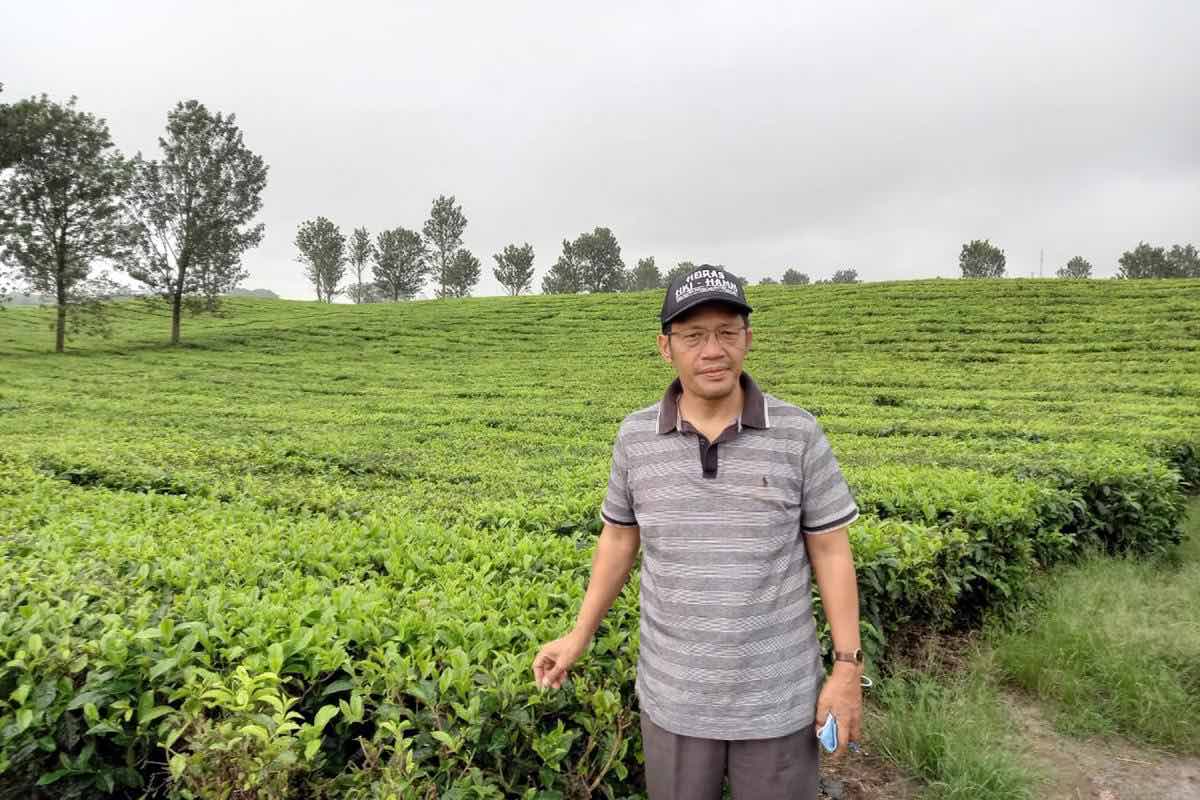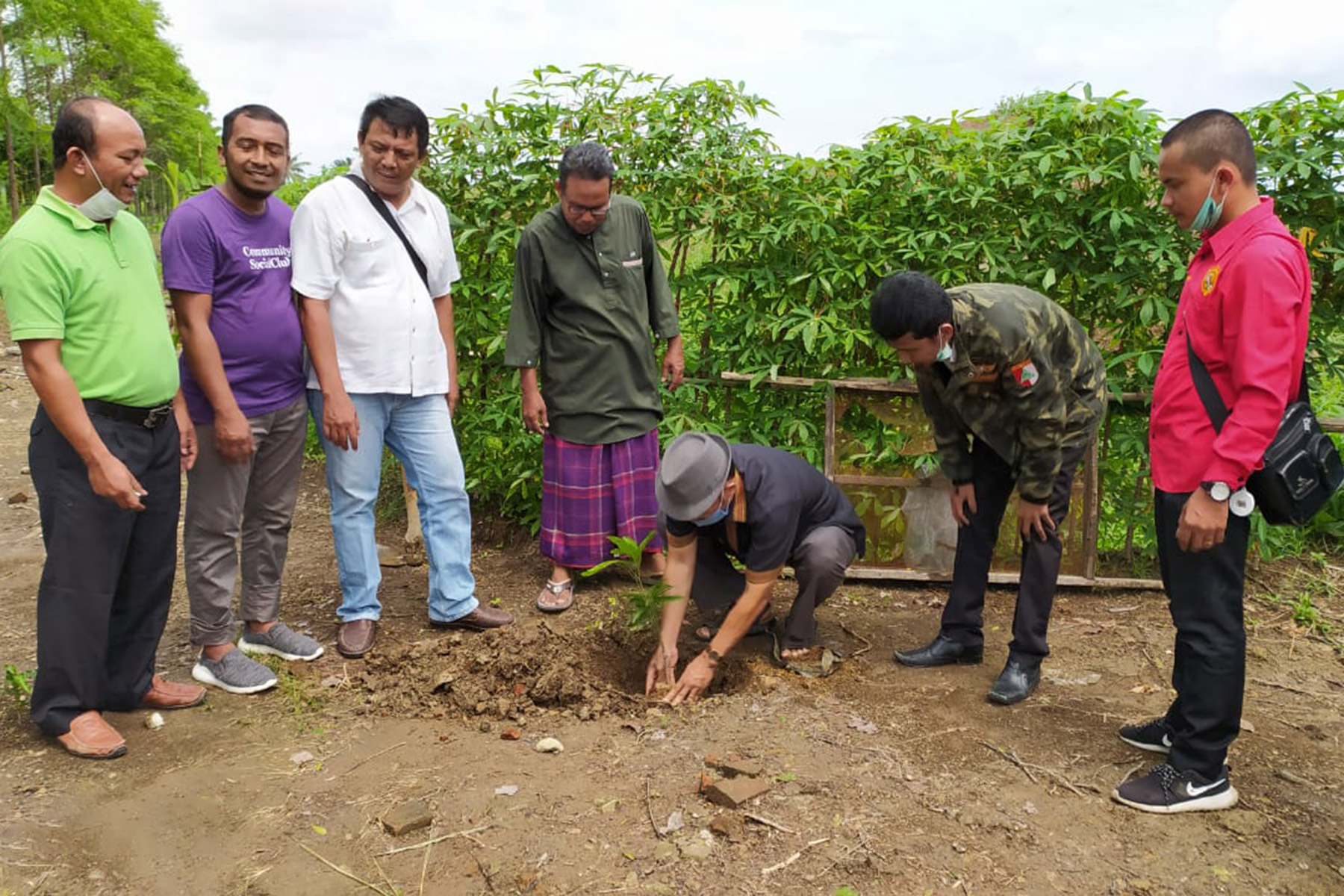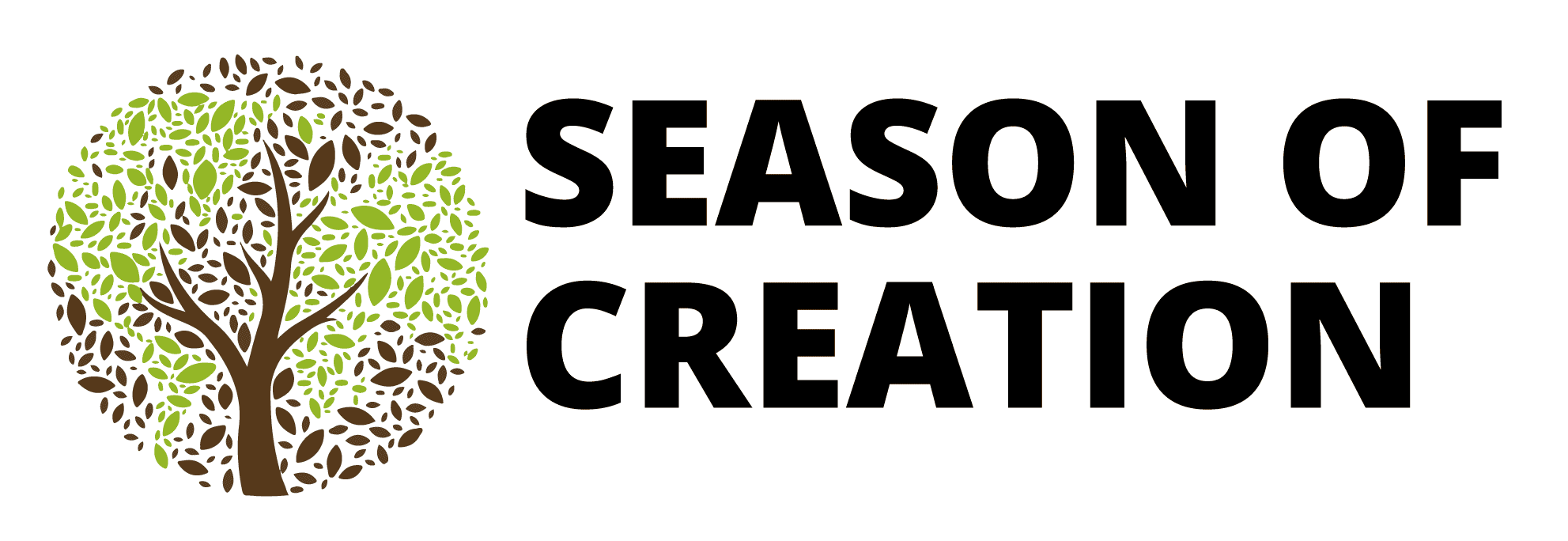
Rev. Dr Batara Sihombing, general secretary of the Indonesian Christian Church. Photo: Private
Indonesian church leader Batara Sihombing reflects on an eco-theology project
(LWI) – An eco-theology initiative in Indonesia is changing local perceptions about human responsibility toward creation and strengthening interfaith and community bonds.
As Christians around the world mark the Season of Creation, 1 September – 4 October, Rev. Dr Batara Sihombing, general secretary of the Indonesian Christian Church (Huria Kristen Indonesia – HKI) shared with Lutheran World Information (LWI) how the church is training youth, pastors and Sunday School teachers on environmental themes, promoting interfaith dialogue on climate justice, and empowering women. The Lutheran World Federation (LWF) has been supporting the project since its inception in 2018.
Please explain the objective of the HKI-Eco-Theology project?
We started the project in January 2018 in Pematangsiantar, North Sumatra. The goal is to increase awareness among church members, other people of faith and the wider community about the need to treat the Earth as our common home that should be managed and maintained responsibly. Our Christian faith calls us to this task: ‘The Lord God took the man and put him in the garden of Eden to till it and keep it (Genesis 2:15).”
The goal is to increase awareness among church members, other people of faith and the wider community about the need to treat the Earth as our common home.
Indonesia has a population of 264 million people, half of whom live in urban areas. We are experiencing an ecological crisis mostly resulting from the environmental impact of growing industrialization and other human activities—pollution, noise, water privatization, deforestation and so forth. There is a growing culture of consumerism, with more people increasingly prioritizing personal gain over sustainability of our shared environment.
HKI Eco-Theology is a natural way of engaging with people from different backgrounds regardless of faith, gender, age, ethnicity or social status for the sake of our ecology. Although the COVID-19 pandemic has disrupted many of our planned activities, we hope to resume once the situation improves.
How do you engage with young people?
We have several activities. The Youth Festival for Eco-Theology brings together young people from local parishes to reflect on caring for the country’s rich natural heritage. Last year, we organized a three-day workshop attended by 450 youth at Parapat near Lake Toba. Resource persons including a health practitioner, environmental activist and theologian explored the relation between faith and the environment. Samosir Island, where Lake Toba is located was also the venue of the Cycling for Justice Campaign, in which university students ride to the island on bicycles and learn about the local culture and traditions.
The Live in Society for Young People activity brings youth from other regions to stay with HKI congregation members in a local village in order to gain skills on being peace bearers for a just climate and earth. A group of nearly 50 young people spent three days in Sigaol village, 40 kilometers from Pematangsiantar, with their hosts involving them in eco-theology themed Bible studies, field exposure, and personal reflections. The goal is to enable youth to critically connect ecology to politics, the economy, social and cultural dimensions, to ecumenism and religious diversity.
Around 40 percent of Indonesia’s city dwellers do not have access to efficient waste management services. In Pematangsiantar, experts in this field have supported initiatives led by HKI youth to clean the streets and market places as a way of encouraging joint efforts to keep the city clean and healthy.

Church leaders and young people involved in the HKI Eco-Theology project lead Christian and Muslim youth in a tree planting exercise in Deli Serdang near Medan, Indonesia. Photo: HKI
How does the project involve church leaders and pastors?
We have organized several skills training sessions during which experts explore with pastors and other church leaders the local and global links between eco-theology and the United Nations Sustainable Development Goals, and how to access information on different topics. At the end of such sessions, the participants make a commitment to promote an environmental project in which HKI will engage other churches, faiths, government and internal stakeholders.
What about other categories of church workers?
Early childhood teaching about the environment is critical in shaping mindsets about responsibility toward creation. We therefore work with Sunday School teachers on how to inculcate environment-loving characteristics in children from an early age. This includes identifying children songs, which are embedded in environmental themes, and getting family members interested in ecology-sensitive activities not only at the church but also in schools and community playgrounds.
In a country with diverse religions and cultures, do you specifically involve leaders of other faith traditions?
People of different faith living side by side is way of life in many parts of Indonesia. One of the most significant experiences we had in December last year was an interfaith dialogue on climate justice, attended by 120 people in Medan. Religious leaders representing the Batak traditional beliefs, Buddhism, Hinduism and Islam joined Catholic, Lutheran and other Christian leaders to share their understanding of ecology from their respective spiritual and sacred scripture perspectives. In the end, we agreed that our religions and beliefs have a shared understanding of caring for the Earth and creation. Again, due to the coronavirus pandemic, we could not follow up with local workshops so that more people at the grassroots can be involved.
How has COVID-19 affected the projects’ activities?
Sadly, the country has more than 200,000 COVID-19 cases and over 8,230 people have died from the disease. The church complied with the government’s lockdown and other restrictions from March until July to contain the spread of the disease. While most of the project activities are on hold, the Women’s Skills Training Center or HKI Eco-House has diversified its income-generating work to include sewing facial protective masks including the LWF-branded ones.
How does the HKI ecological initiative connect to Jubilee for the Earth, the theme of the 2020 Season of Creation campaign?
It is an opportunity for people of faith to be a prophetic voice reminding us that our ways of living disrupt rest for the Earth. We must act together for the sake of our mutual environment. In this Jubilee for the Earth, God the Creator reminds us as believers that we should love the Earth and other creation.
Through a diverse range of projects including theological training, livelihood initiatives, women’s and youth empowerment, the LWF supports its member churches to provide hands-on solutions to pressing needs in their congregations and wider community. The goal of the HKI Eco-Theology is to engage church members, people of different faiths and the community at large in caring for creation and addressing the local environmental challenges.
The Indonesian Christian Church has 310,000 members. It joined the LWF in 1970, and it is one of the 13 LWF member churches in Indonesia.
Many churches in the ecumenical family observe the “Season of Creation” (also known as Creation Time) between 1 September and 4 October, the Feast of St Francis of Assisi, as observed by some Western traditions. For the Lutheran communion, this liturgical season of prayer and action is an opportunity to affirm LWF’s commitment to address a central crisis of our time – climate change. “Jubilee for the Earth” is the 2020 theme for the “Season of Creation”.
